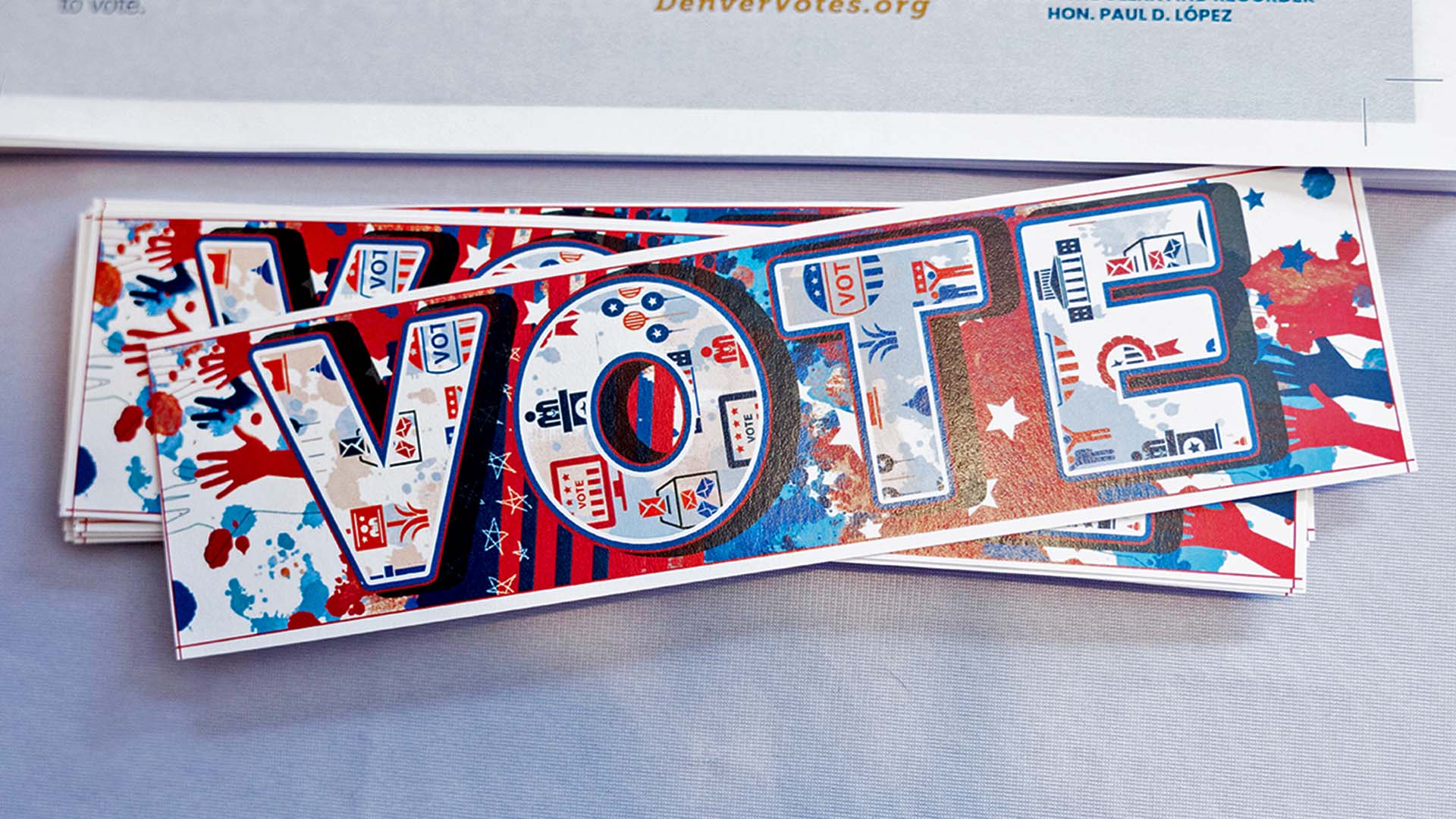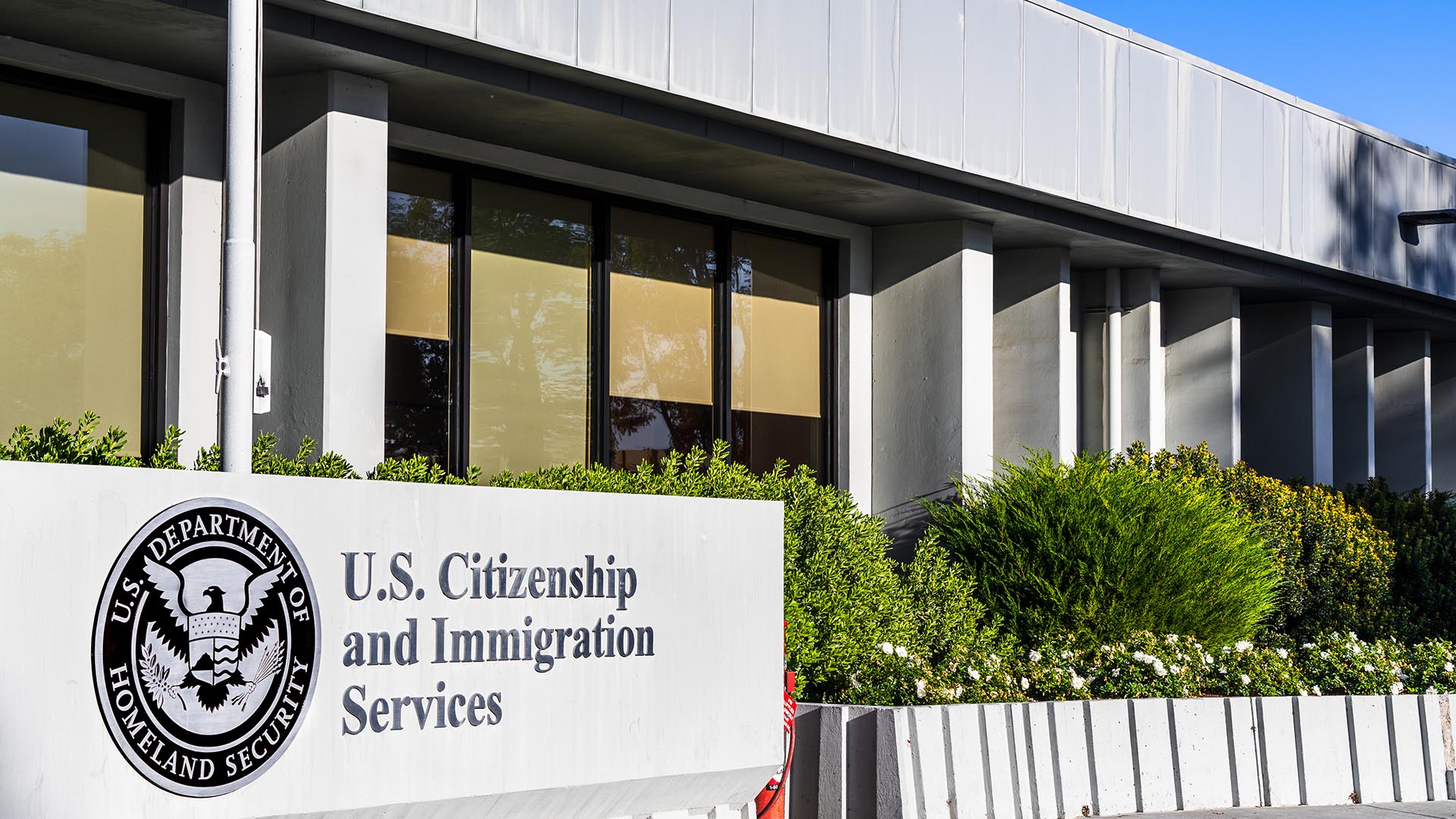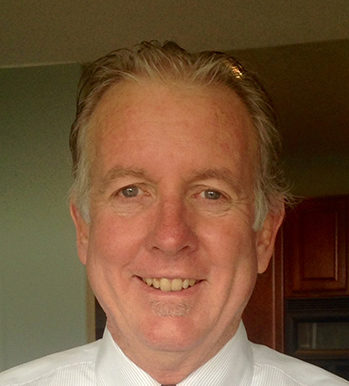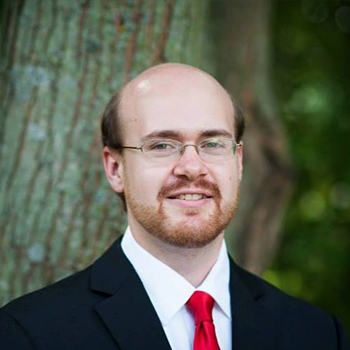Will the 2020 presidential election kill debate?
Communications and political-science experts weigh in on the merits of the form in the country's fractured political environment.
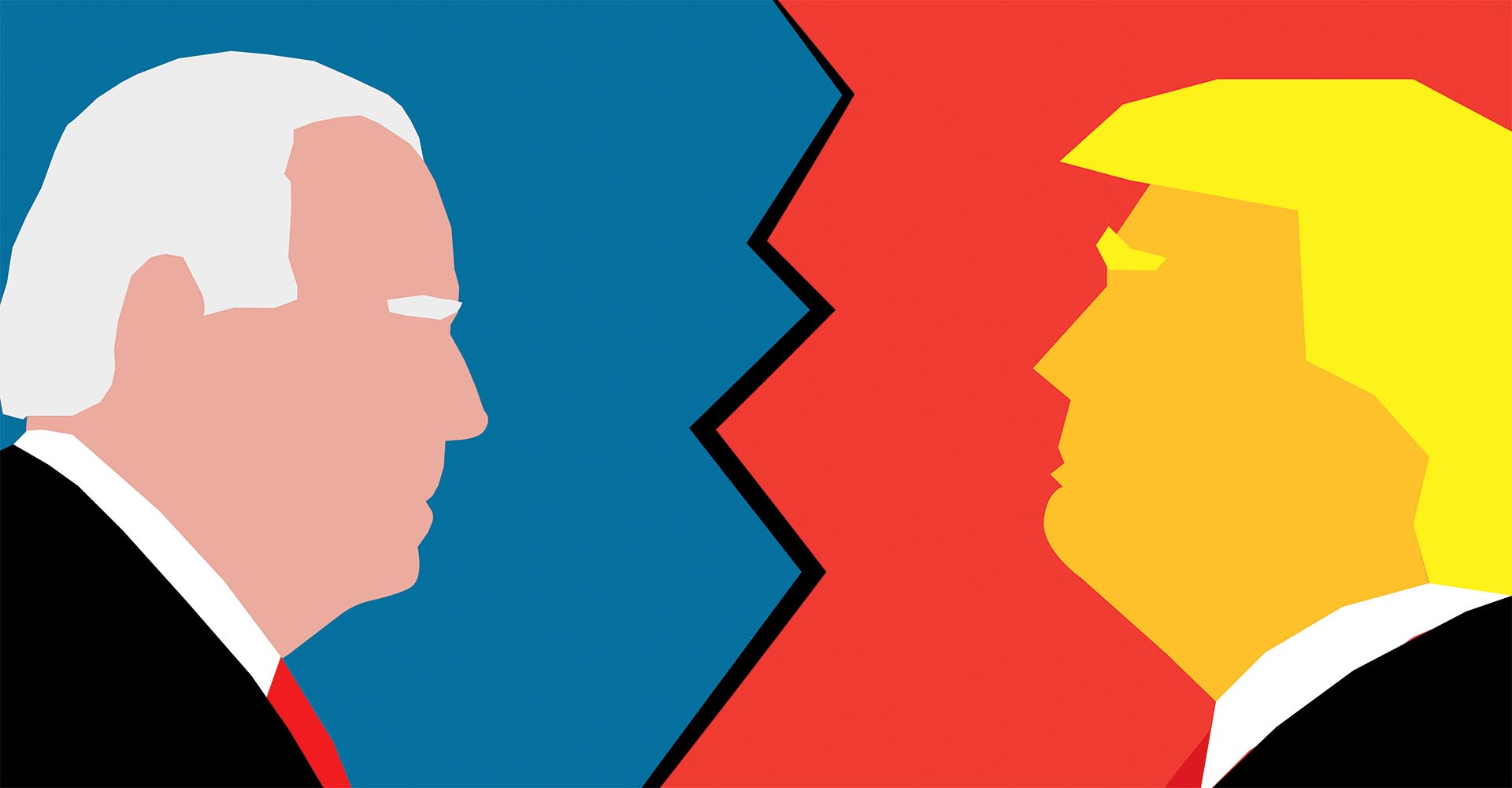
The third time was a charm when it came to the 2020 presidential debate resembling actual debate.
The first descended into chaos, and the second scheduled event was canceled when President Donald Trump declined to do it virtually. But the third presidential debate Thursday night saw the candidates put forth competing arguments in a “more sedate affair.”
Some political observers called for canceling the remaining presidential debates altogether after the initial debacle. And in the age of hyperpartisan cable news and social media, the value of debate in 2020 is, well, up for debate.
“It’s hard to actually get any new information out of (the presidential debates),” said Eunice Callejas Solano, president of the Metropolitan State University of Denver Debate Team. “Instead of a productive discussion, we’re left talking about who got the best insults in and not about policies that actually affect people’s lives.”
While the presidential debates may have hurt the form more than they helped it, Callejas Solano, a communication-studies major and sociology minor, still sees value in a true contest of ideas when it’s done right. She recently competed virtually in the U.S. Universities Debating Championship, the largest national tournament for British Parliamentary-style debate; the team is also competing in the upcoming virtual Schuman Challenge, sponsored by the Delegation of the European Union to the United States, where the topic is China’s alternate models of government.
“The skills you gain from debate are universal,” she said. “I’ve always enjoyed being able to discuss big issues, and the rules of engagement set it up so you’re able to do that productively. You can’t interrupt each other or make personal attacks; you have to stick to the topic at hand. It’s basically the opposite of everything (the presidential candidates did).”
Reality bites
One reason the first two scheduled presidential debates were such a disaster is that the country is fractured, with each side living in its own reality.
“The point of debate is to compare and contrast different visions for the future based upon the best available evidence,” said John Rief, Ph.D., communication-studies faculty member and debate-team coach at MSU Denver. “However, that process is contingent upon some agreed-upon shared reality, as opposed to what we’re seeing right now.”
Those competing realities are facilitated by algorithmically accelerated cable news, social media and polling, Rief said. Most people tune in to their network of choice to hear what their source of choice says about the debate, and that opinion becomes much more important than what happened in the debate itself.
“The technology around our debates has gotten more interventionist,” he said.
The primacy of the sound bite is also driving debate’s demise, said Jeremy Castle, Ph.D., assistant professor of political science at MSU Denver.
“The average length of recap clips is 45 seconds,” he said. “With that kind of window of time, you’re going to try to fire up the base and make your opponent look bad. It’s completely divorced from the substance of politics and the nuanced depth needed to address complex issues.”
Classroom laboratory
So, do debates matter when it comes to electing a president?
Theoretically undecided voters are tuning in to debates and carefully considering candidate positions to make an informed decision, Castle said. In reality, most voters have already made up their minds.
“Only 8-10% of the population are pure independents, and they’re less likely to care about the debates than rabid partisans,” he said.
That’s not to say debate itself is without merit, he added. Far from it: Weighing arguments and arriving at collective solutions has never been more critical to navigate a hyperpartisan environment where information and the data-driven scaffolding behind it can be reimagined to build the road ahead.
As a practice, it also makes the instructional experience richer, Castle said. He incorporates debate into his teaching, and it has shown results in his students’ project-based work, public speaking, argument articulation and demonstration of knowledge.
“We can carry on the practice of democracy in the laboratory of the classroom,” Rief said. “We can keep it vibrant and lively, using it as a jumping-off point when times permit.
“Sometimes, it feels like we’re not making much progress – but that’s what our students are doing. They’re keeping debate alive when it’s being undermined and delegitimized elsewhere.”

